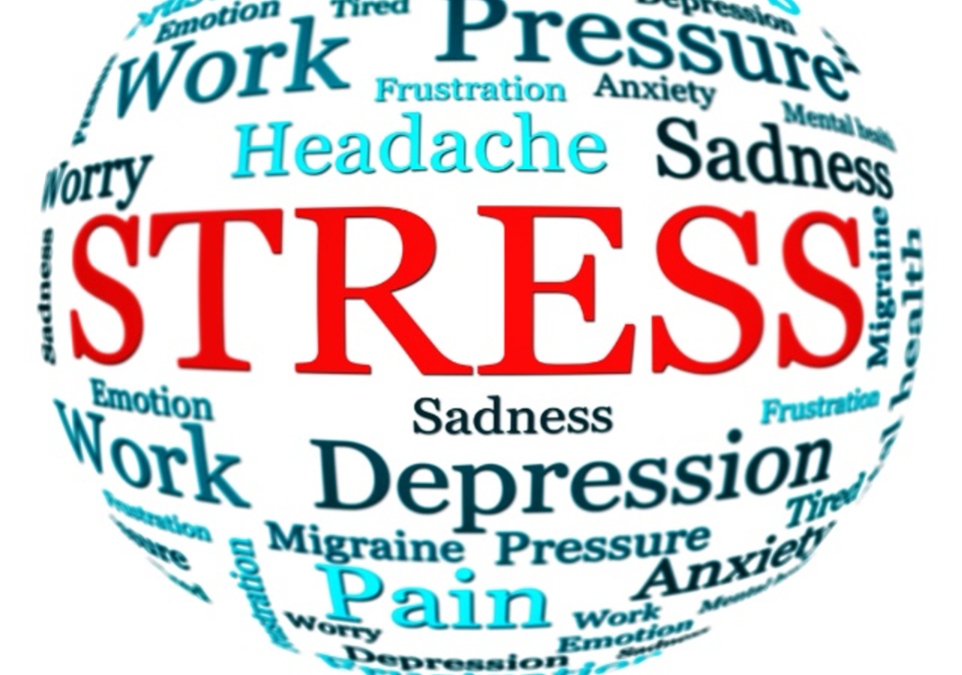What Causes Worker Fatigue?
Several factors including too little, poor quality or interrupted sleep over a period of time can cause fatigue. Fatigue is the body’s signal that a rest period is needed. Long work hours and extended and irregular shifts may be stressful physically, mentally, and emotionally. The body operates on a circadian rhythm sleep/wake cycle. It is naturally programmed for sleeping during night hours. Demanding work schedules may disrupt the body’s natural cycle, leading to increased fatigue, stress, and lack of concentration.
What are the Effects of Demanding Work Schedules?
Long work hours and extended and irregular shifts may lead to fatigue and to physical and mental stress. Working extended shifts may also involve prolonged exposure to potential health hazards such as noise, chemicals, and others. These exposures could exceed established permissible exposure limits (PELs) or violate other health standards. Employers must implement measures to monitor and limit worker exposures to health and physical hazards in the workplace as required by the Occupational Safety and Health Act.
What Worker Population Does This Affect?
Irregular and extended shifts are common among healthcare providers, transportation workers, first responders, firefighters, police officers, military personnel, construction workers, oil field workers, service and hospitality workers and many others.
What Are the Effects of Worker Fatigue?
Worker fatigue increases the risk for illnesses and injuries. Accident and injury rates are 18% greater during evening shifts and 30% greater during night shifts when compared to day shifts. Research indicates that working 12 hours per day is associated with a 37% increased risk of injury. In a 2005 study reporting on a survey of 2737 medical residents, every extended shift scheduled in a month increased the monthly risk of a motor vehicle crash during their commute home from work by 16.2%.
Decreased alertness from worker fatigue has been a contributing factor in:
- Industrial disasters such as the 2005 Texas City BP oil refinery explosion, the explosion of the space shuttle Challenger and the nuclear accidents at Chernobyl and Three Mile Island.
- Increased sleep problems and risk for injury among full-time employees in relation to the number of hours worked per week.
- Errors in patient care, increased needlesticks and exposure to blood and other body fluids and increased occupational injuries among healthcare workers.
- Direct or indirect links to increased costs from lost productivity, increased injury and illness costs, increased time off the job due to illness and increased workers’ compensation costs.
- An estimated annual cost of $136.4 billion from fatigue-related, health-related lost productive work time to employers.
Additional Information
- Rotational Shiftwork. Canadian Centre for Occupational Health and Safety (CCOHS).
- Improving Shift Work Schedules. American Federation of State, County and Municipal Employees (AFSCME).
- Overtime and Extended Work Shifts: Recent Findings on Illnesses, Injuries and Health Behaviors. National Institute for Occupational Safety and Health (NIOSH Pub. No. 2004-143, May 2004).
- Working Time, Health and Safety: A Research Synthesis Paper. International Labour Organization, (May 2012).
How Can Fatigue Affect Worker Safety and Health?
Fatigue can cause weariness, sleepiness, irritability, reduced alertness, impaired decision making, and lack of motivation, concentration, and memory. Studies have shown that fatigue is linked to health problems such as:
- Heart disease
- Stomach and digestive problems
- Musculoskeletal disorders
- Reproductive problems
- Depression
- Some cancers (breast and prostate)
- Sleep disorders
- Poor eating habits/obesity
- Worsening of existing chronic diseases such as diabetes and epilepsy
Spencer-SHE has been providing Safety, Health, and Environmental Compliance Guidance since 1980. Our team can suggest proactive measures to prevent stress by removing or reducing potential stressors.
Contact us here to help you to develop and maintain a safe and healthy workforce.

